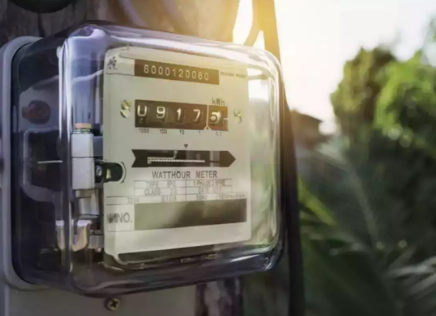The Gujarat High Court has issued notices to both state and central authorities, including Madhya Gujarat Vij Co Ltd (MGVCL), in response to a petition filed by a Vadodara resident challenging the imposition of prepaid smart electricity meters. The petitioner, who has 11 power connections across 10 properties, contested the compulsory installation of these new meters, arguing that the move is arbitrary and lacks legislative backing.
The petitioner highlighted a 2019 notification from the Central Electricity Authority (CEA), issued under the Electricity Act, 2003, which mandated the provision of smart meters. He expressed satisfaction with the existing postpaid meters and stated a clear preference against switching to prepaid smart meters. Central to the petitioner’s argument is the claim that the 2019 regulations for advance charging via smart meters are not aligned with the Electricity Act, 2003. According to the Act, such regulations must be presented before Parliament prior to their implementation. The petitioner contended that no such bill or regulation has been placed in Parliament since 2019, rendering the enforcement of these provisions illegal. As a result, he called for the court to annul the decision to install smart meters.
Justice issued notices to the managing director of MGVCL, the Ministry of Power, and the chairman of the Central Electricity Authority, seeking their responses by August 8, the date scheduled for the next hearing. The petitioner, representing himself, argued his case in Gujarati, as permitted by court rules for litigants who present their own cases. He pointed out that the regulations allow for petitions and court addresses in Gujarati. The outcome of this case could have significant implications for the deployment of smart meters across Gujarat, potentially influencing policy decisions at both state and national levels. The court’s examination of the legal framework underpinning the smart meter mandate will be closely watched by stakeholders in the power sector and consumers alike. The controversy surrounding the prepaid smart meters revolves around issues of consumer choice, legislative compliance, and technological adoption. The petitioner’s challenge underscores the need for regulatory clarity and adherence to legislative procedures in implementing new technologies in essential services like electricity. As the court deliberates, the balance between innovation and regulatory oversight remains a focal point of the debate.




